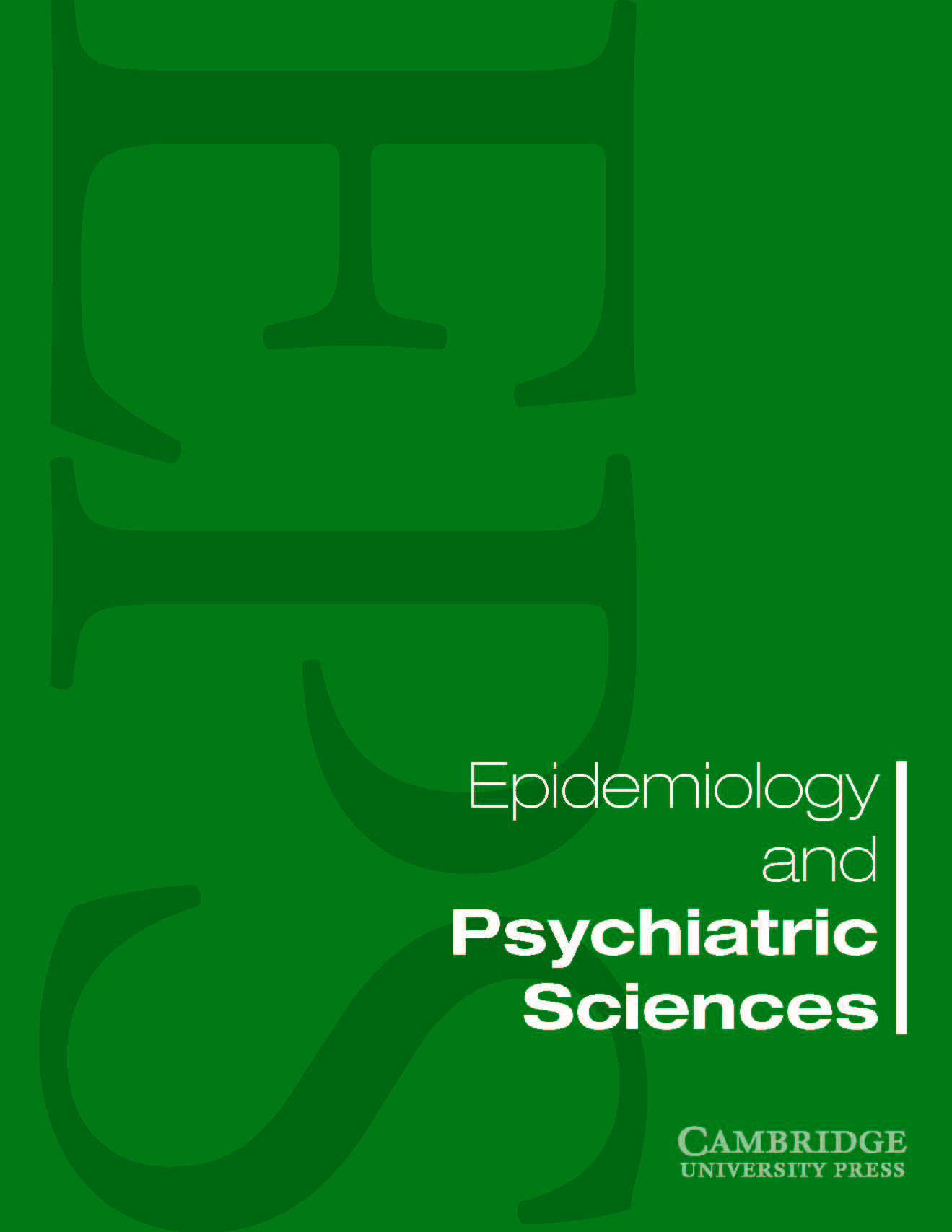尼泊尔卫生和社会政策中与心理健康有关的结构性污名和歧视:范围审查和综述
IF 5.9
2区 医学
Q1 PSYCHIATRY
引用次数: 0
摘要
目的 国家政策可以用来揭示与心理健康有关的结构性污名化和歧视。本研究评估了结构性污名化和歧视是如何在尼泊尔政府的政策和立法中体现出来的。方法 采用范围审查法,审查 2010 年后起草或修订的政策文件(议会法案、立法、政策、战略、 指导方针和官方指令)。结果 确定了 89 项与健康、社会福利、发展和法规相关的政策,这些政策与社会心理和精神残疾者有关,或涉及精神健康议程。研究揭示了一些关键的政策失误和差距,如使用污名化语言(如 "疯子 "或 "神经病")、政策内部和政策之间不一致、偏离界定法律能力和同意的国际协议、未将心理健康议程纳入更广泛的发展政策、缺乏具有成本效益的干预措施和融资机制。针对精神疾病患者的规定包括:适足的生活水平;达到标准的精神健康;行使法律行为能力、自由和安全的权利;免受酷刑或歧视的自由;以及独立生活的权利。然而,其他政策却与这些权利相抵触,如禁止结婚、参选和保留权力职位以及易受监禁等。结论 尼泊尔与心理健康有关的结构性污名化和歧视可以通过政策中使用的歧视性语言和规定来识别。可以通过修订歧视性政策,将心理健康议程纳入更广泛的国家和省级政策,以及简化政策以符合国家和国际协议,来解决结构性污名化和歧视问题。本文章由计算机程序翻译,如有差异,请以英文原文为准。
Mental health–related structural stigma and discrimination in health and social policies in Nepal: A scoping review and synthesis
Aims National policies can be used to reveal structural stigma and discrimination in relation to mental health. This review assesses how structural stigma and discrimination are manifested in the policies and legislations of Government of Nepal. Methods Scoping review methodology was followed to review policy documents (acts of parliament, legislation, policies, strategies, guidelines and official directives) drafted or amended after 2010. Results Eighty-nine policies were identified related to health, social welfare, development and regulations which were relevant to people with psychosocial and mental disabilities or have addressed the mental health agendas. Several critical policy failings and gaps are revealed, such as the use of stigmatizing language (e.g., ‘insane’ or ‘lunatic’), inconsistencies within and between policies, deviation from international protocols defining legal capacity and consent, lack of inclusion of the mental health agenda in larger development policies and lack of cost-effective interventions and identification of financing mechanisms. Provisions for people living with mental health conditions included adequate standard of living; attaining standard mental health; the right to exercise legal capacity, liberty and security; freedom from torture or discrimination; and right to live independently. However, other policies contradicted these rights, such as prohibiting marriage, candidacy for and retention of positions of authority and vulnerability to imprisonment. Conclusion Mental health–related structural stigma and discrimination in Nepal can be identified through the use of discriminator language and provisions in the policies. The structural stigma and discrimination may be addressed through revision of the discriminating policies, integrating the mental health agenda into larger national and provincial policies, and streamlining policies to comply with national and international protocols.
求助全文
通过发布文献求助,成功后即可免费获取论文全文。
去求助
来源期刊

Epidemiology and Psychiatric Sciences
PSYCHIATRY-
CiteScore
7.80
自引率
1.20%
发文量
121
审稿时长
>12 weeks
期刊介绍:
Epidemiology and Psychiatric Sciences is a prestigious international, peer-reviewed journal that has been publishing in Open Access format since 2020. Formerly known as Epidemiologia e Psichiatria Sociale and established in 1992 by Michele Tansella, the journal prioritizes highly relevant and innovative research articles and systematic reviews in the areas of public mental health and policy, mental health services and system research, as well as epidemiological and social psychiatry. Join us in advancing knowledge and understanding in these critical fields.
 求助内容:
求助内容: 应助结果提醒方式:
应助结果提醒方式:


